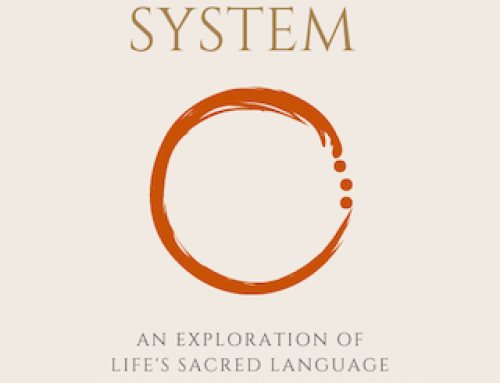Mother language: The importance of maintaining it!
by Enza Magro
 The last few years I have been fortunate to be part of a school program that has encouraged bilingualism in children by maintaining the language of their parents/guardians or grandparents. It is a program coursed by teachers and volunteers, who are from the local community. On a weekly basis, the students gather into their language groups, where a community volunteer leads the conversation, (chosen by the teacher), in the group’s mother language.
The last few years I have been fortunate to be part of a school program that has encouraged bilingualism in children by maintaining the language of their parents/guardians or grandparents. It is a program coursed by teachers and volunteers, who are from the local community. On a weekly basis, the students gather into their language groups, where a community volunteer leads the conversation, (chosen by the teacher), in the group’s mother language.
For example, if the topic of the week is family, then the conversation will cover parents, guardians, siblings, cousins, etc… In languages, such as, Greek, Macedonian, Arabic, Assyrian, Italian, Chinese, Vietnamese and Punjabi. The aim is to expose the students to another language other than English and for them to hear and recognise the sounds of their mother language.
A mother language does not always mean one’s first language, it is also referred to the language of our parents and grandparents. Nonetheless, maintaining one’s mother language offers significant benefits. For instance, globalisation. Although the term ‘globalisation’ is usually associated with world markets and open trade, it has also caused population mobility. As a result, the world is changing, becoming more diverse than ever!
Previously, when it came to immigration, ‘assimilation’ methods were usually preferred, as this method allowed one to put aside their mother language and adopt the language in the new host country. However, these days it is known that assimilation discourages and excludes, especially students from maintaining their mother language, which later may affect their identity.
Today, most schools encourage maintaining one’s mother language or learning a second language, due to its benefits which are:
- It teaches children the importance of languages in order to form a linguistic and cultural diversity.
- It encourages children to spend time with their grandparents and listen to their stories. In addition, the vocabulary of a child’s mother language further develops during storytelling.
- There are academic gains in subject areas of English, mathematics, science and social science.
- It increases one’s ability to multi-task.
- Language learning promotes awareness of diversity and tolerance of differences.
- And most importantly, it promotes opportunities for students to thrive as global citizens.
More recently, adults, also have learned the benefits of learning a second language. Studies have shown that learning a language and bilingualism decreases or delays the onset of Alzheimer’s Disease.
Overall, maintaining one’s mother language does serve a useful purpose. As said by Geothe, “The person who knows only one language does not truly know that language”, (Cummins, p. 3).
References:
Abbott, GA 2018, ‘Beyond a Bridge to Understanding: The Benefits of Second Language Learning’, America Educator, vol. summer edition, pp 39-43.
Cummins, J 2001, ‘Bilingual Children’s Mother Tongue: Why is it Important for Education?’ Sprogforum, vol. 7, no. 19, pp. 15-20.






Leave A Comment